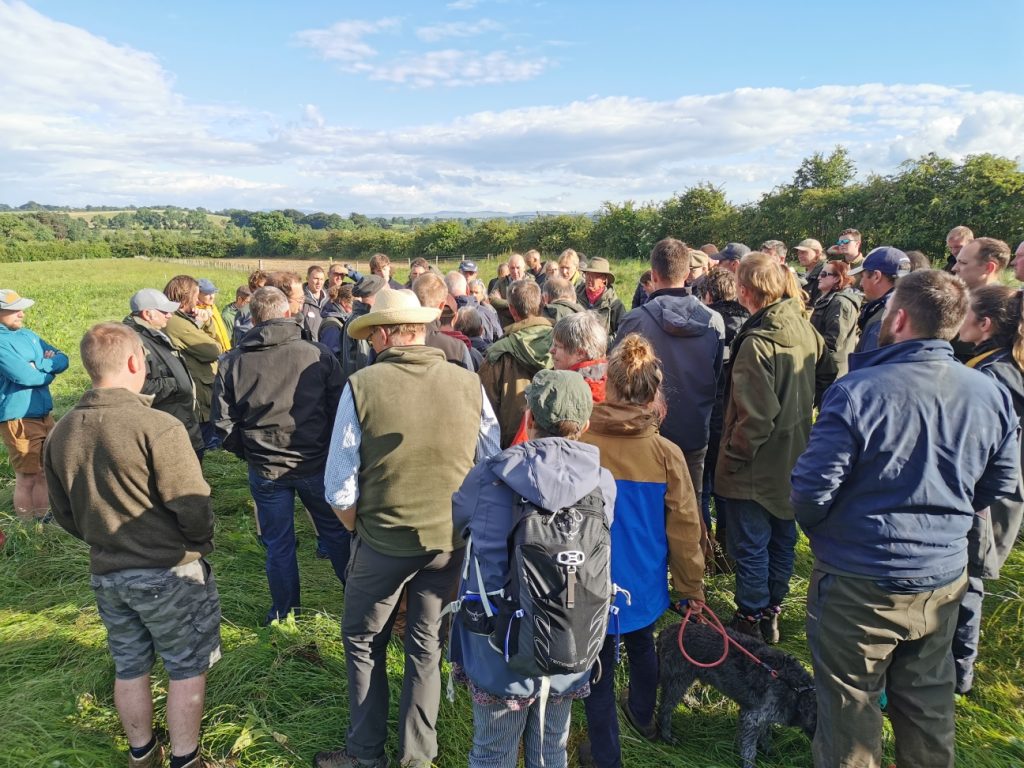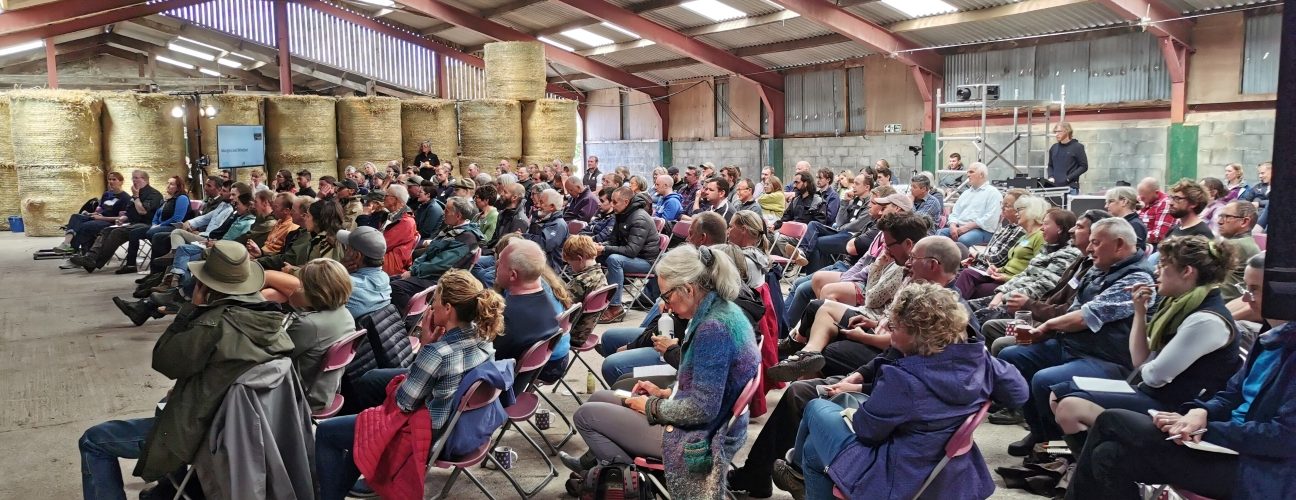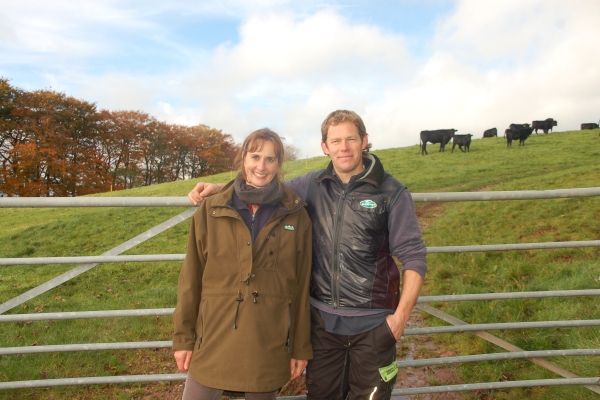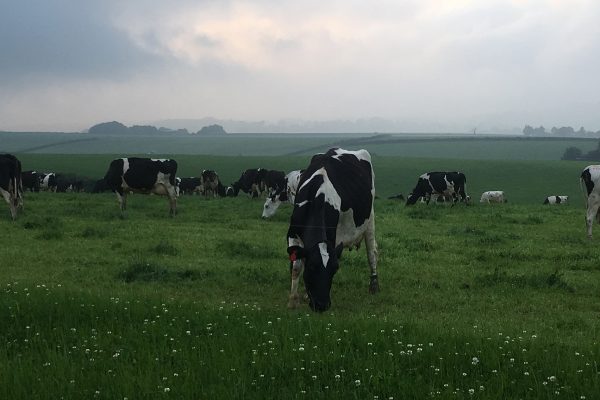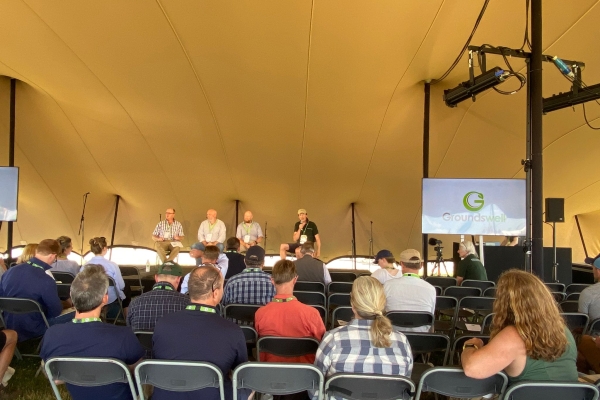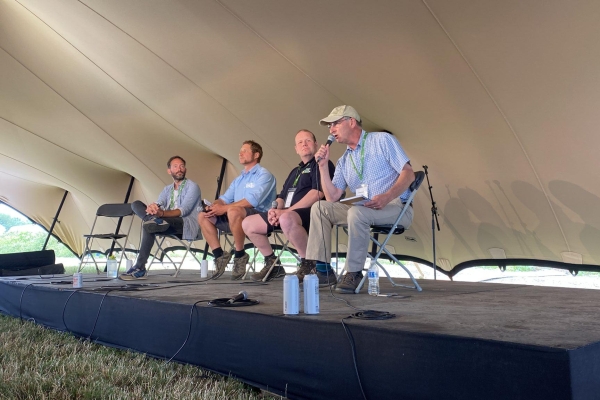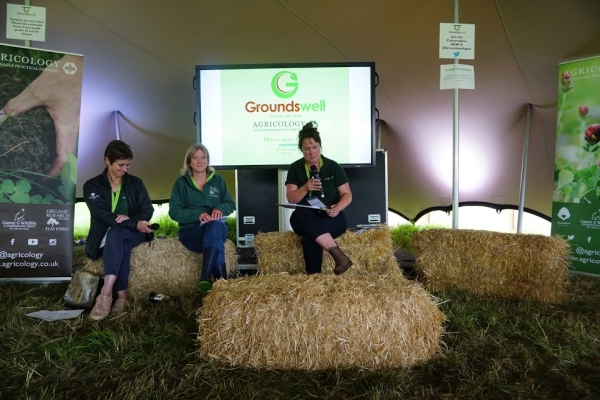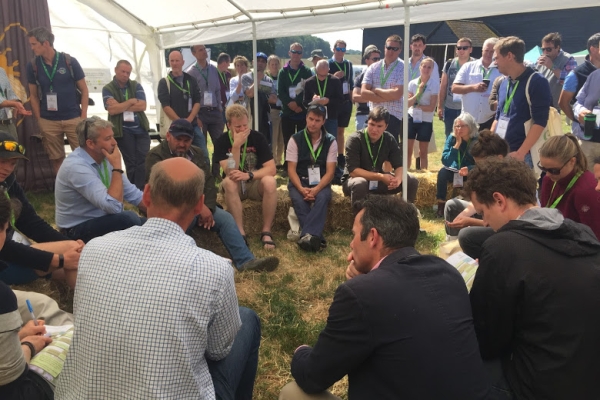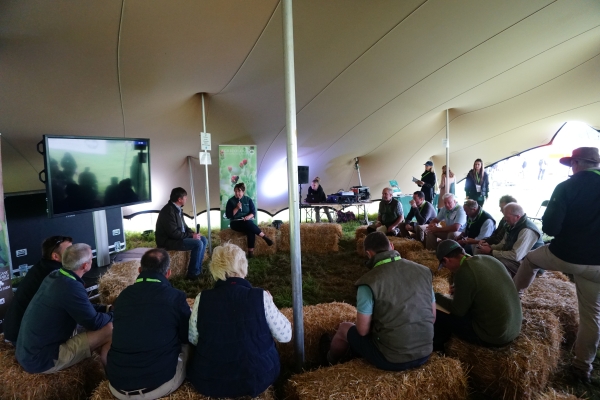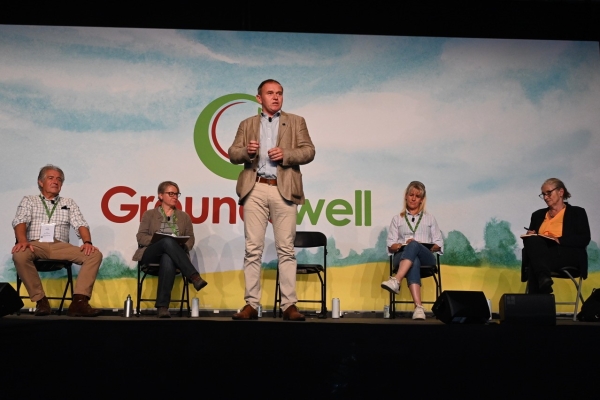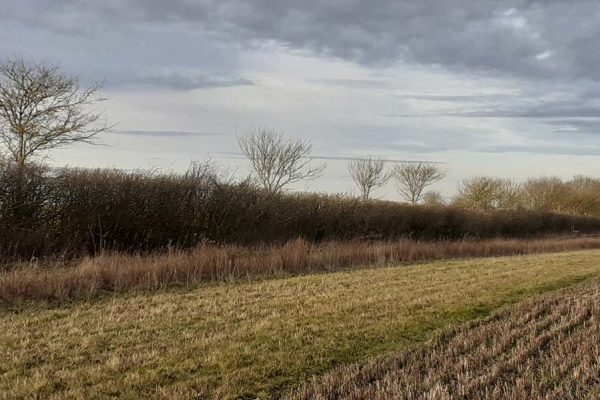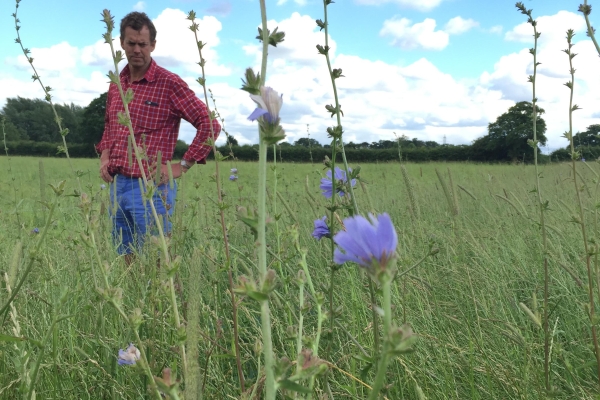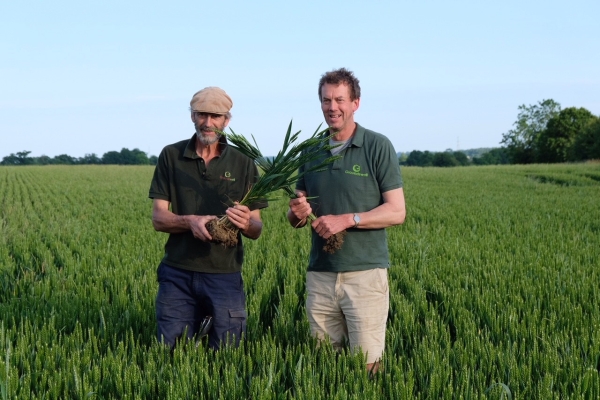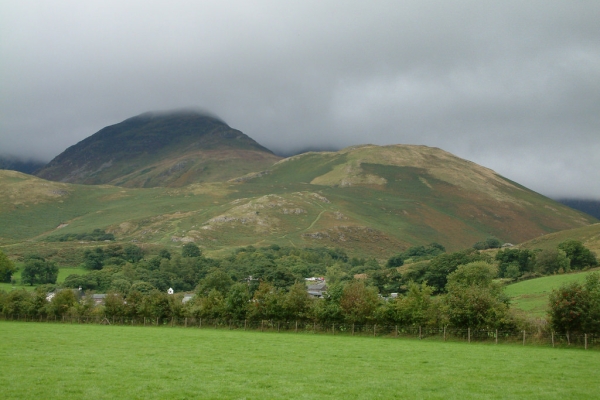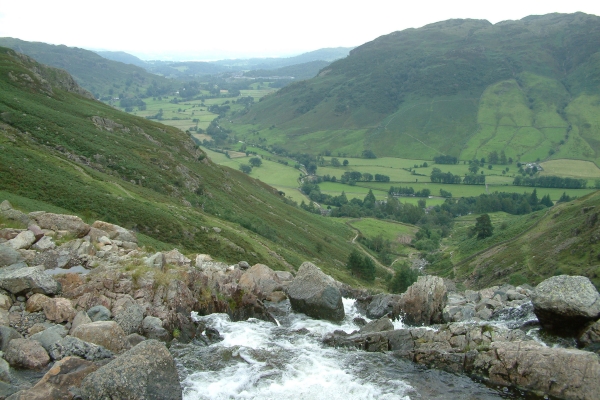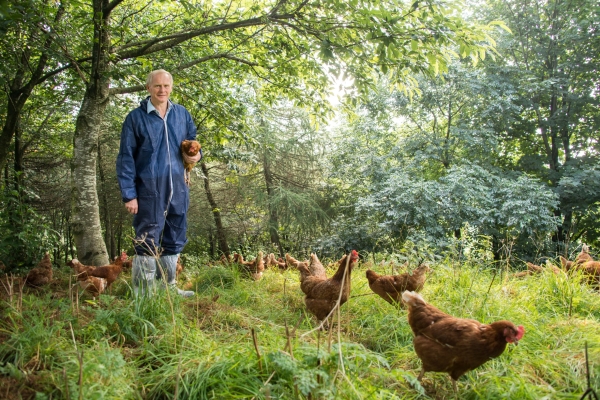Why do you need to come to the Carbon Calling conference?
Let’s begin at the beginning… It all started after Nic, Reno and I got a bit drunk after attending Groundswell in 2019. We thought it would be a great idea to start off something similar to Groundswell in the north, but with a bigger focus on livestock farmers.
We were aiming to have our first conference in 2020, but due to Covid-19, our first conference was in 2022. We entertained ourselves (and hopefully other people) during lockdown by starting a podcast – ReGenAg chat – that was aiming to talk to some interesting farmers who are doing interesting things, and just happen to be regenerative. Those chats have massively helped formulate my thinking on the subject and also helped generate a network of people who seem to like our approach.
The conference in 2022 had regenerative rancher Greg Judy as the headline speaker and he was amazing, the buzz around the day was incredible. It was hard work but a lot of fun, and we were proud of what we had achieved.
We decided to invite Jaime Elizondo to be the headliner for 2023 as he provides a different viewpoint to Greg, promoting a non-selective approach to grazing. He believes that this approach will draw down more carbon and will lead to more profitable farms.
The key element of Carbon Calling is that it is run by farmers, organised for farmers, and with mainly farmer speakers. We want to create a space where farmers are comfortable to share experiences, knowledge and failures, and to build a support network. Of the twelve speakers taking part on the Saturday, over half of them are farmers who are ‘walking the walk’, and most of the others are consultants or vets that are supporting farmers through change.
Our unique selling point is the ability to connect with ‘normal’ commercial farmers who are interested in developing their systems, understanding regenerative approaches and reducing their inputs, but don’t want to be part of the perceived ‘cult.’ We are their trusted friends, who translate practices and approaches, and can help nudge and motivate change. We cut through the jargon and waffle and empower them to grab hold of the ideas that are potentially going to make a difference on their farm and in their lives. We will organise and arrange for the people they want to hear from to participate in our podcasts or conferences and events…
There is a massive opportunity for the livestock sector as regenerative approaches can be more profitable, with happier farmers who are more engaged with the solutions (rather than relying on someone else to tell them what to do), and more connected and open with their peers. It is pleasurable area of agriculture to work in, as the creativity, confidence and ownership of knowledge acquisition means that the positivity and problem-solving abilities of the community are unparalleled. We want to bring as many farmers as possible into this community, to help people see their potential and what farming could mean, and it doesn’t just need to be hard work and heartbreak, it can be joyful for the animals, land, wildlife and people.
Join us at Carbon Calling in Cumbria and you will see what we are banging on about. And no, we are not a cult, as someone once asked me!!
